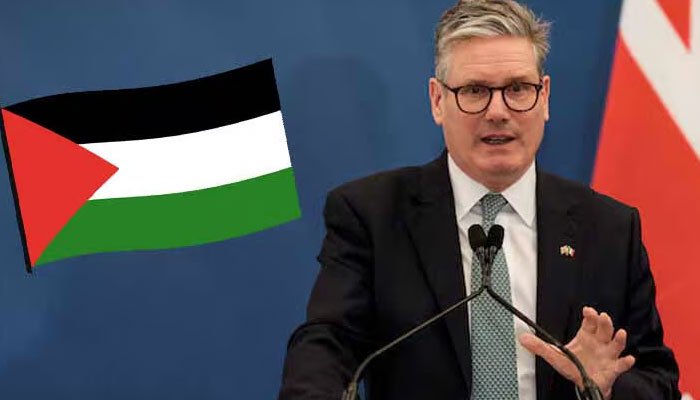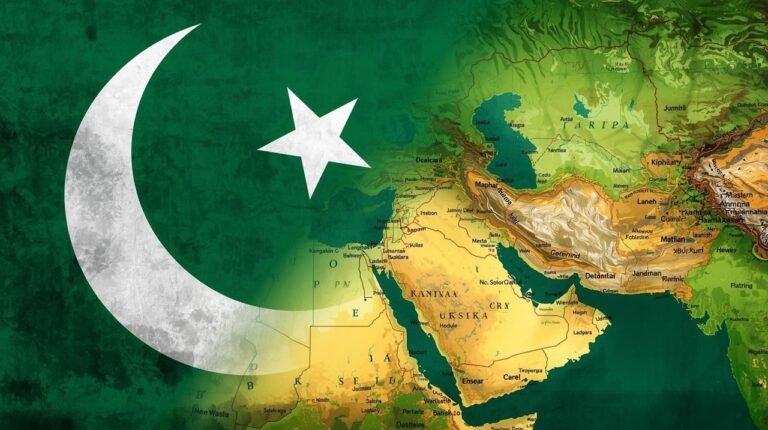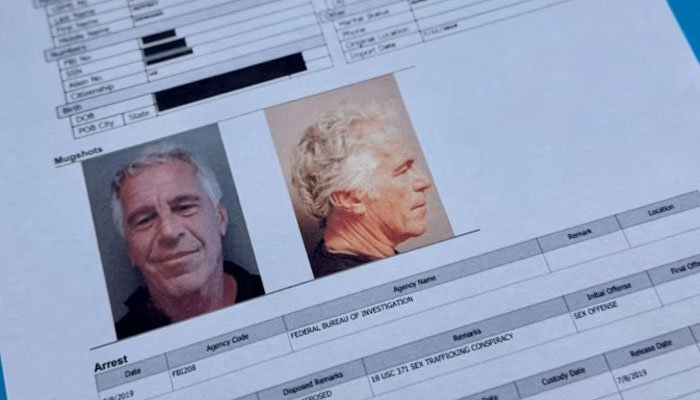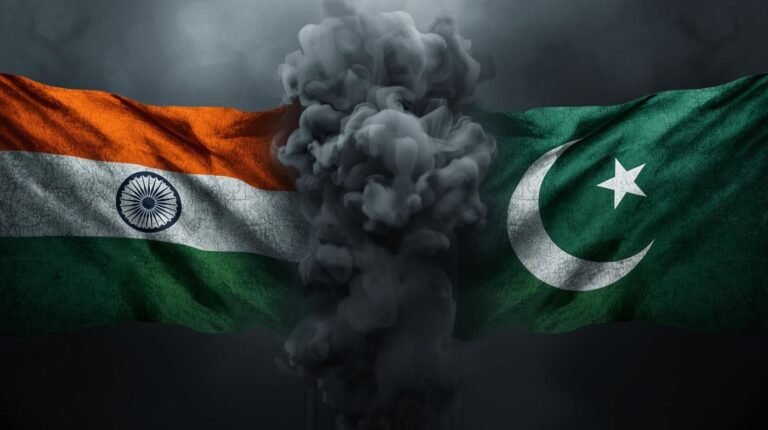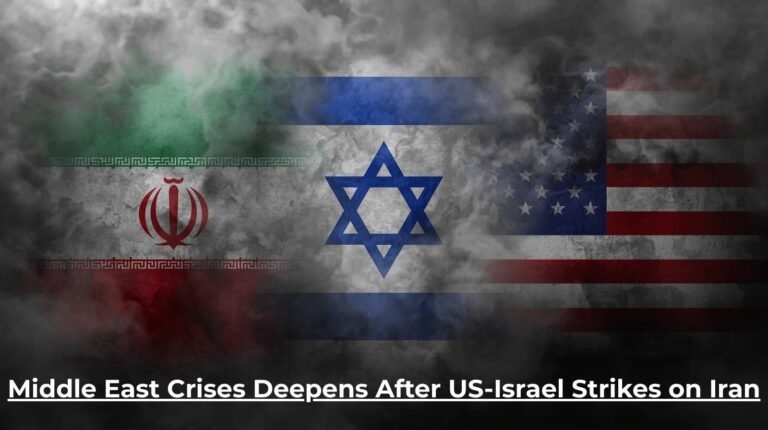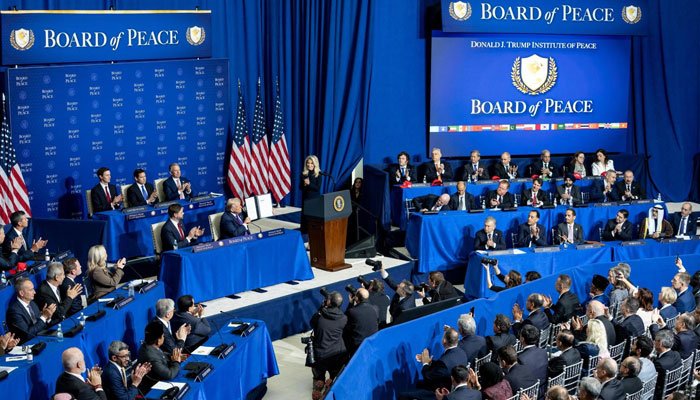Starmer Sets September Deadline for Israel to Meet Conditions or Face Diplomatic Shift
As UK Agrees to Conditionally Recognize Palestine; British Prime Minister Keir Starmer announced that the United Kingdom may formally recognize a Palestinian state at the United Nations General Assembly in September. This recognition will go forward unless Israel takes specific, substantial actions to alleviate the humanitarian crisis in Gaza and recommit to a peace process that includes a two-state solution.
Starmer’s declaration places new pressure on Israel and reflects the UK’s shift from previous diplomatic ambiguity to a more assertive stance. He specified three conditions that Israel must meet to avoid this recognition:
Allow significantly more humanitarian aid into Gaza.
Provide guarantees against the annexation of the West Bank.
Commit to a long-term peace process aimed at a two-state solution.
“The Palestinian people have endured terrible suffering,” Starmer told reporters. “Now, in Gaza, because of a catastrophic failure of aid, we see starving babies, children too weak to stand—images that will stay with us for a lifetime. The suffering must end.”
Starmer called an emergency cabinet meeting during Parliament’s summer recess to discuss the UK’s evolving position and a new European-led peace initiative. He emphasized that “no one will have a veto” over Britain’s decision in September. The move follows growing calls from within his Labour Party to recognise Palestine in response to escalating humanitarian needs and Israel’s military actions in Gaza.
UK Joins France in Breaking Diplomatic Norms Amid Gaza War Fallout
If the UK proceeds with recognition, it will become the second Western power on the UN Security Council, after France, to acknowledge Palestinian statehood in territories occupied by Israel since the 1967 Middle East war. France’s recognition announcement last week sparked harsh criticism from Israel, which labeled it a reward for Hamas following the October 7, 2023, attacks that triggered the current conflict.
Starmer’s government has also taken other significant steps distancing itself from Israel’s wartime leadership. The UK suspended select arms exports to Israel and sanctioned two far-right Israeli ministers, Itamar Ben-Gvir and Bezalel Smotrich, for inciting violence against Palestinians.
In a major shift from his stance during the early days of the Gaza war, when he supported Israel’s right to self-defense as opposition leader, Starmer has since pivoted. His administration has notably withdrawn Britain’s challenge to the International Criminal Court’s arrest warrants for Israeli Prime Minister Benjamin Netanyahu.
Successive British governments have claimed they would recognise a Palestinian state “when the time is right,” without ever defining that timeline—until now. With over 60,000 Palestinians reported dead and aid agencies warning of mass starvation in Gaza, Starmer appears to be aligning Britain with a changing global sentiment that sees recognition as both a symbolic and strategic tool to pressure Israel toward peace.
